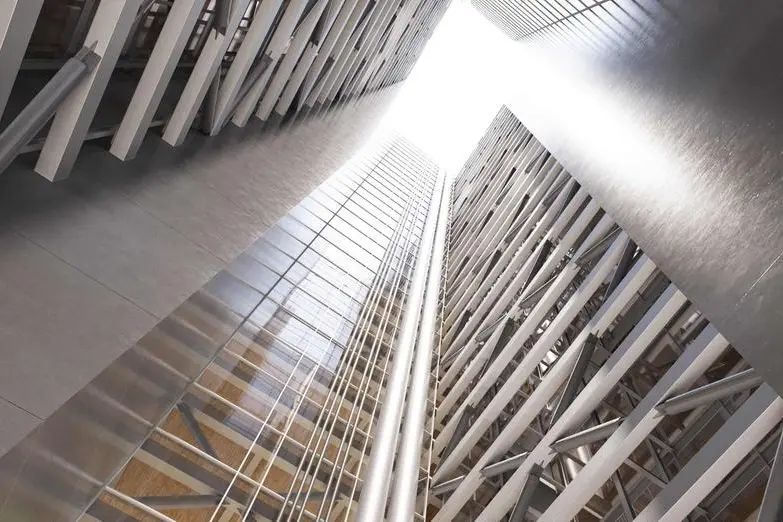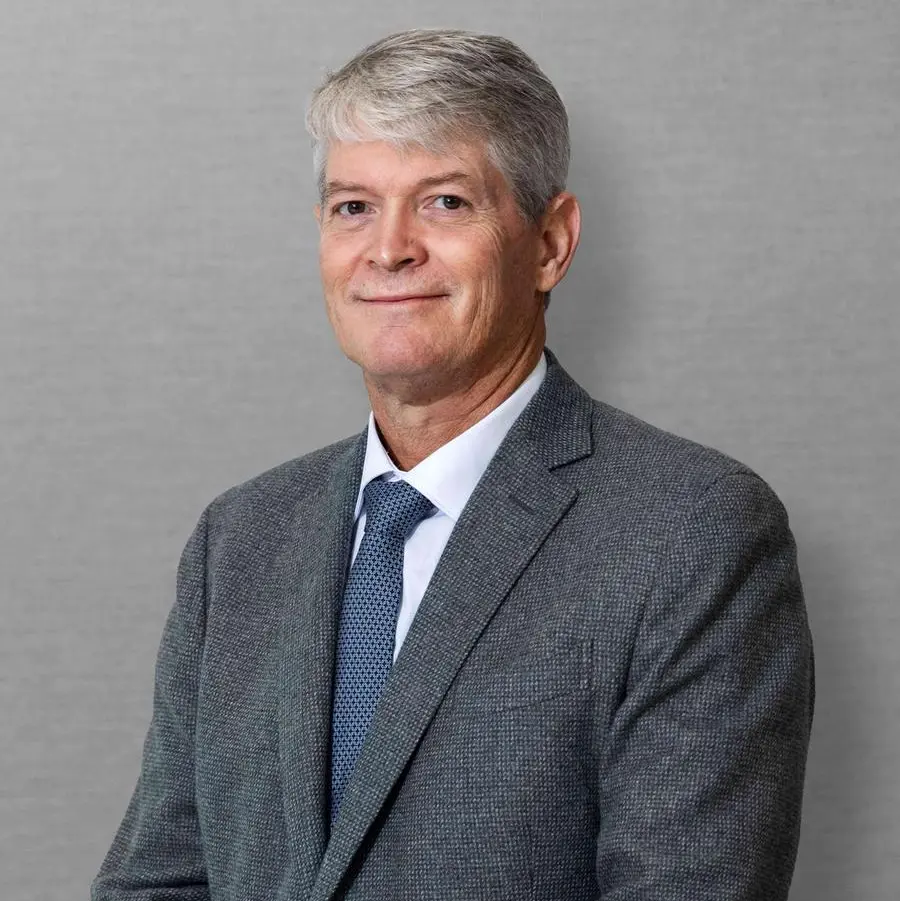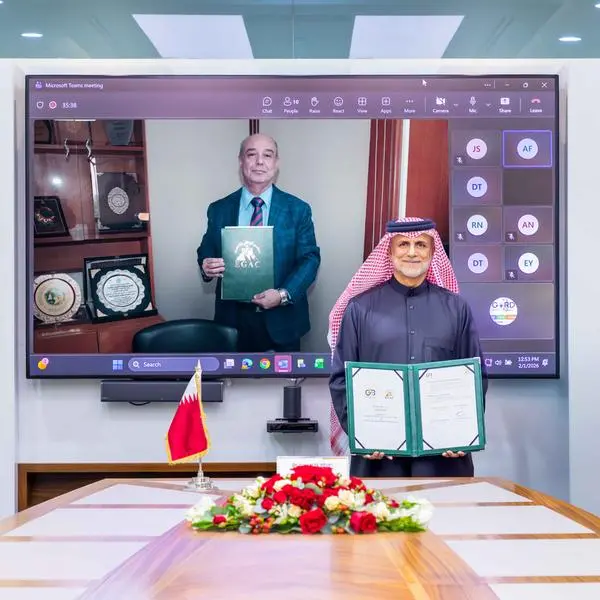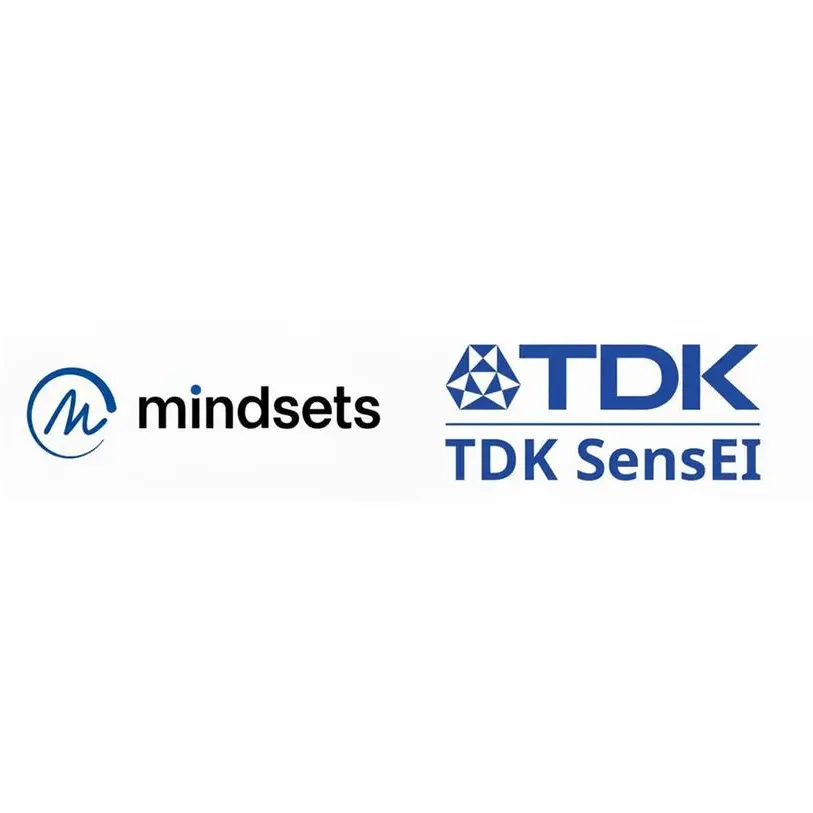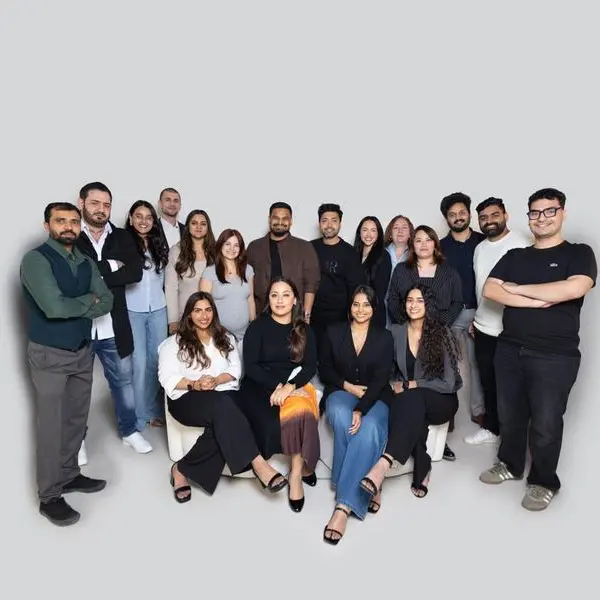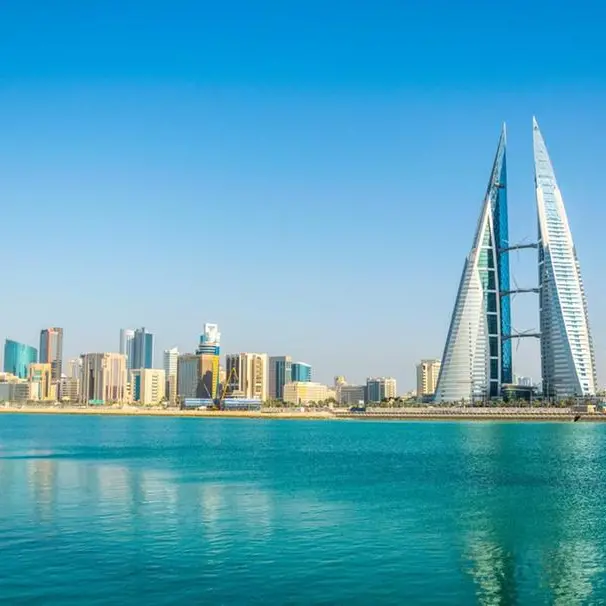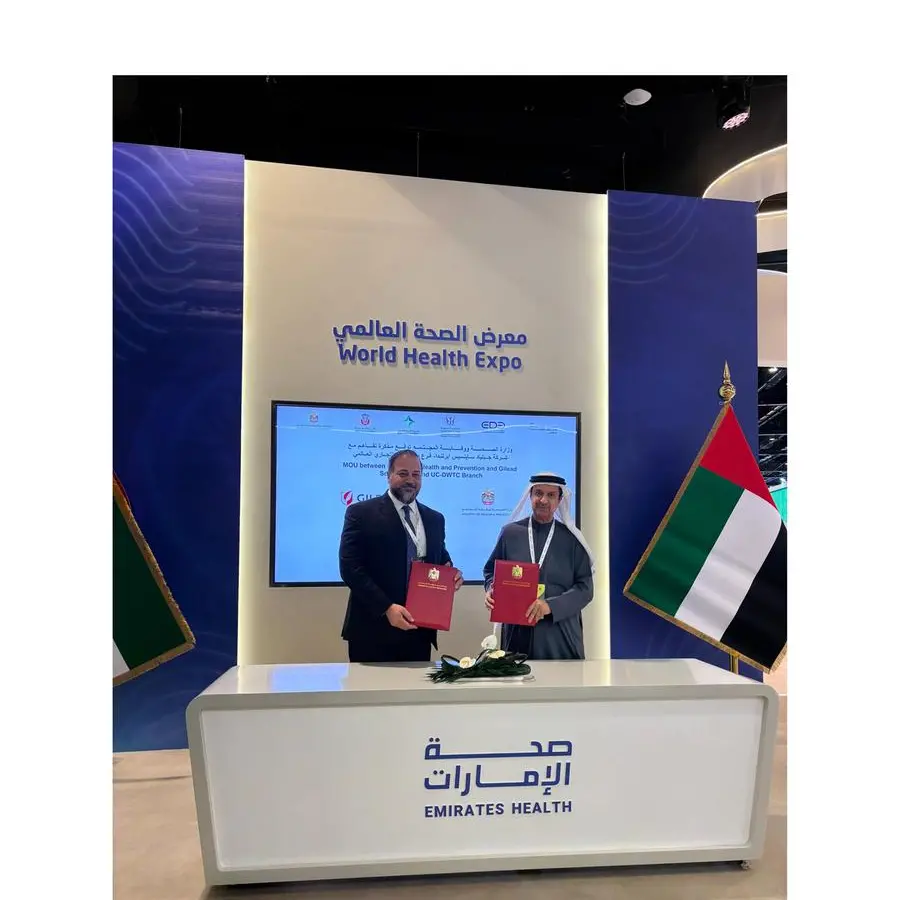PHOTO
Riyadh, Saudi Arabia: Leading Japanese architectural, engineering and urban design firm, Nikken Sekkei, one of the world’s largest practices, will introduce a new Prototype for Next-Generation Skyscrapers at Cityscape Global in Riyadh. The prototype, designed for Tokyo, Japan and applicable for regions around the world including the Middle East, features various workplace design innovations that potentially reduce whole life carbon by up to 40%.
With the average temperature expected to rise by 1.5 degrees by the early 2030s, there is growing need for global efforts to significantly reduce greenhouse gas emissions. The construction industry is a significant contributor to climate change and is responsible for approximately 37% of carbon dioxide emissions[1]. This includes emissions from both the construction process and the operation of buildings.
To create attractive workplaces while minimizing the CO2 footprint of skyscrapers, Nikken Sekkei has analyzed various common practices for large-scale offices, and fundamentally re-evaluated its spatial organization and transport systems. In the new sustainable prototype, vast single-floor office spaces are replaced with multi-floor, steel-wood hybrid units that surround a central void, similar to the arrangement of leaves on a plant stem. This allows more natural light and air to permeate the space and promotes greater collaboration and efficiency by bringing employees closer together. This framework also leads to less steel and concrete usage and lower CO2 emissions.
“Our approach can be described as ‘doing more with less.’ By boldly re-imagining conventional norms, we are able to elevate spatial experiences while still reducing environmental impact,” said Dr. Fadi Jabri, executive officer of Nikken Sekkei. “Saudi Arabia and other countries around the globe are investing heavily in reducing carbon emissions to achieve Net Zero, and this prototype contains various essential ideas that can be combined and adapted to fit the conditions of each region. We look forward to taking this prototype to the next level and implementing our architecture solutions across the world.”
The next-gen prototype’s innovative transport system uses a combination of express elevators and escalators instead of elevators that stop at every floor. By removing these floor-by-floor elevators, a large void is created in the center of the building. This void can contain the main utility lines to improve office space efficiency and serve as a natural ventilation path. It also makes maintenance, equipment replacements, and refurbishments easier, thereby reducing CO2 emissions during operation and contributing to sustaining the building’s value and longevity.
On every express elevator landing, shared spaces are placed, serving as a lounge area or additional workspace for the office workers. These areas can be combined with terraces and contain a variety of office support functions, such as cafes, bookstores, and meeting rooms.
In terms of mechanical design, Nikken has applied biomimicry, drawing inspiration from the mechanisms of living organisms. One example is a heat recovery system mimicking the “wonder net” system, where interwoven arteries and veins exchange heat to prevent drops in body temperature.
Nikken Sekkei will be exhibiting the unique prototype at Cityscape Global at Stand H3.L20 in the Architecture Design section.
For more information on the prototype, please visit https://www.nikken.jp/en/news/news/2024_10_18.html
About Nikken Sekkei
Nikken Sekkei is a collective of architects, designers, and experts across multiple disciplines. With 120 years of experience in creating timeless elegance and enduring value, the company proposes context-customised solutions and visionary designs to contribute to a better urban environment supporting the well-being of people. Nikken Sekkei currently employs over 3,100 professional staff globally and has 11 offices in strategic locations outside Japan. The company's portfolio covers a broad range of services, including masterplans, mixed-use developments, offices, commercial facilities, residential complexes, hotels, transportation (airports and railway stations), education, culture, R&D, manufacturing, logistics, healthcare, and welfare facilities.
For more information, please log on to www.nikken.jp/en/
Media contact:
Mohaned Lafi
Nikken@four.agency
[1] Source: World Economic Forum report
